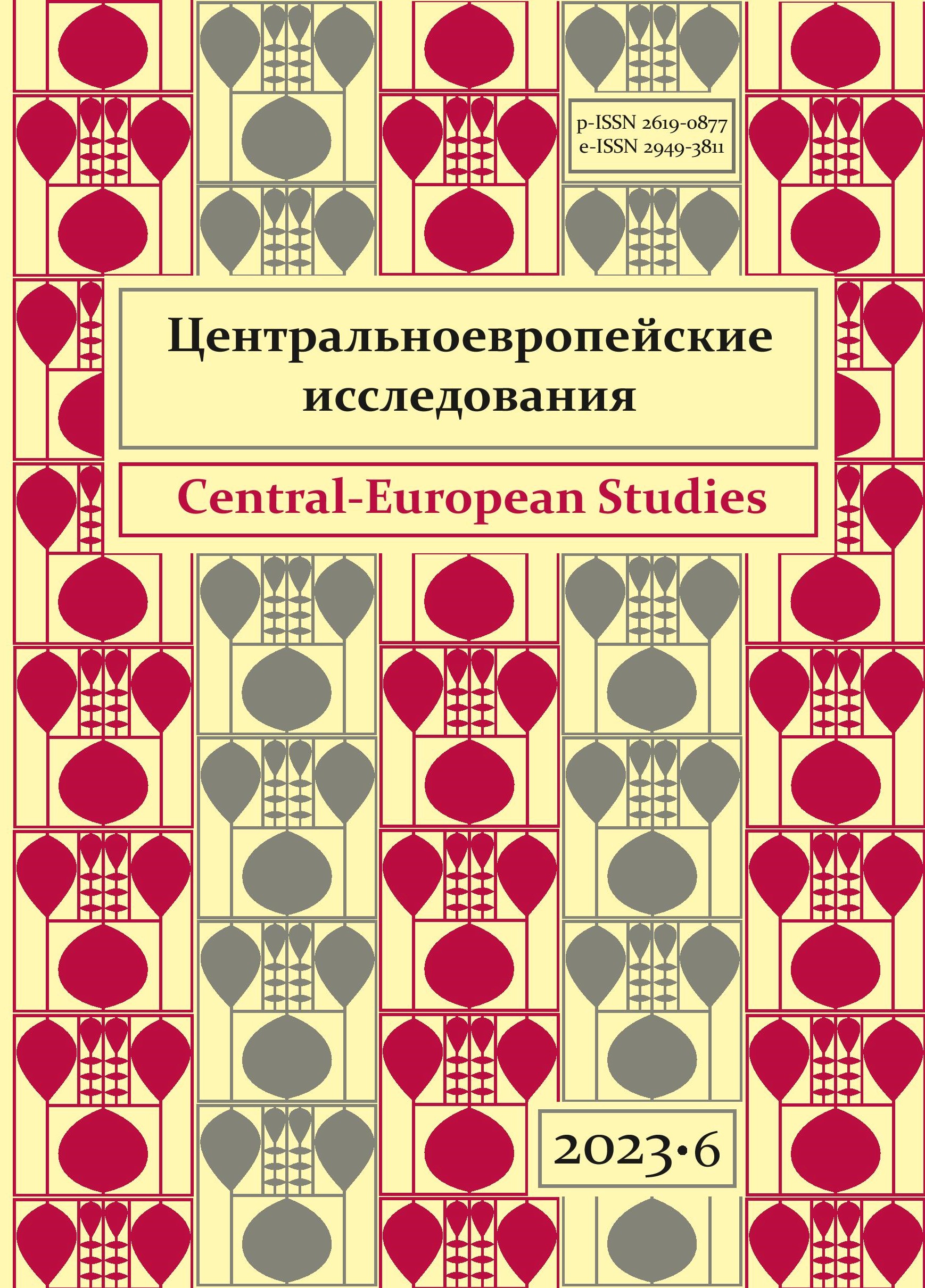The Intricacies of Diplomatic Protocol. Preparations for János Kádár’s Visits to Yugoslavia in 1973 and 1977
DOI:
https://doi.org/10.31168/2619-0877.2023.6.13Keywords:
history of the twentieth century, Yugoslavia, international relations, diplomacy, J. B. Tito, J. Kádár, diplomatic protocol, gifts exchangeAbstract
By the time János Kádár — the Secretary General of the Central Committee of the Hungarian Socialist Workers’ Party — visited the Socialist Federal Republic of Yugoslavia in 1973 and 1977, dozens of top-level trips had already been organised to that country. Tito himself had also visited many countries abroad. Inasmuch as the algorithms of the activity of the Yugoslav protocol service staff of that period were basically settled, the organization of the Hungarian leader’s journeys can be considered as a typical task. This study is focused on some nuances of the duties of the Yugoslav protocol service staff, such as determining the form of the visit, the status of negotiators, places of reception and accommodation of the guests, organization of solemn greeting and farewell procedures, seating arrangements, compiling festive menus for gala lunches and dinners, drafting concert programmes, or selecting memorable gifts and souvenirs. The author applies the gift theory by Marcel Mauss to examine the symbolic value of gifts in diplomacy. Eventually, the efforts of the protocol services created a formal and ceremonial background against which the charm of the charismatic Yugoslav president stood out in stark contrast, and this, in turn, created a favourable ground for non-protocol diplomacy, concluding personal, unofficial agreements.



